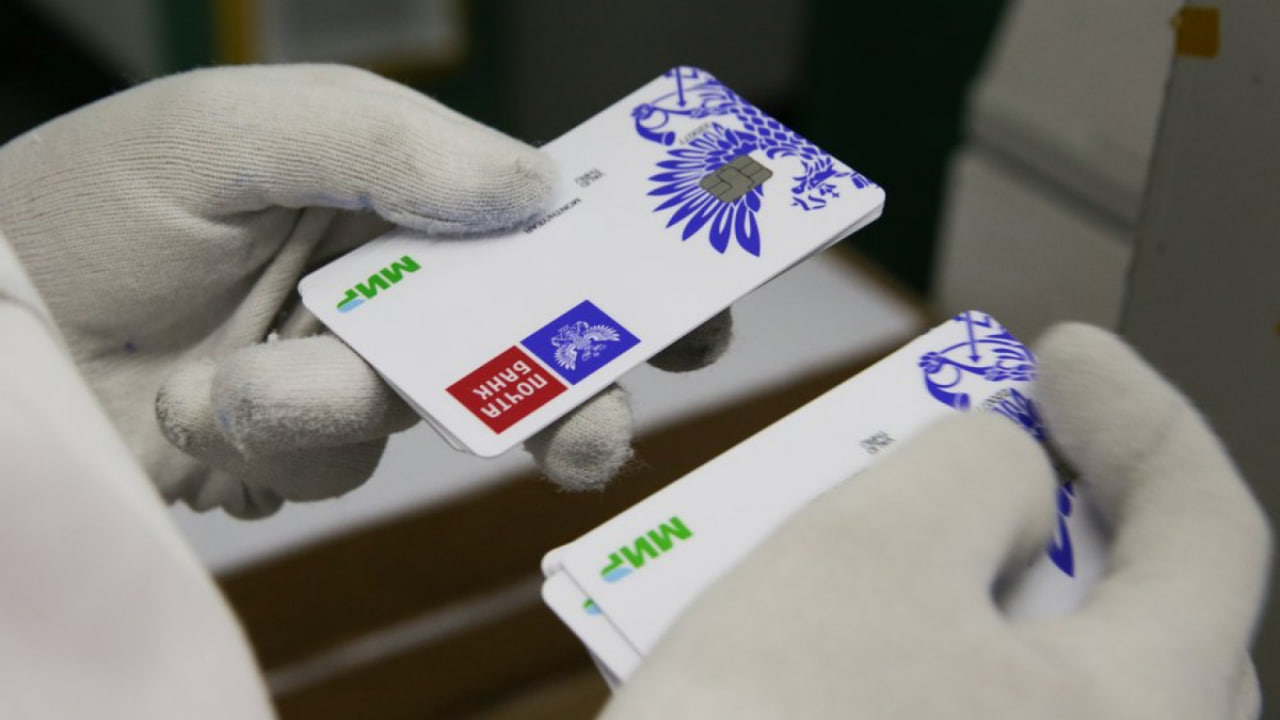The Russian Central Bank is actively pursuing strategies to address challenges surrounding the acceptance of Mir payment system cards abroad, particularly in light of recent sanctions imposed by the United States. First Deputy Chairman of the Central Bank, Olga Skorobogatova, revealed plans to leverage the Fast Payment System (FPS) capabilities and expand the ATM networks of overseas subsidiaries of Russian banks to facilitate cross-border transactions, Interfax reports.

Sanctions Impact on Mir Card Acceptance
Following the imposition of sanctions against the National Payment Card System (NPCS) by the United States on February 23, concerns have arisen regarding the acceptance of Mir cards by foreign banks, Interfax reports. While NPCS assured that the sanctions would not disrupt the Russian payment infrastructure, several banks in Armenia ceased accepting Mir cards on March 30 due to sanctions risks. Similar challenges have emerged in other countries, particularly within the post-Soviet space.
Skorobogatova outlined the Central Bank's proactive approach to address these issues, emphasizing collaborative efforts with Russian banks to expand their ATM networks and point-of-sale (POS) terminals abroad. Despite the risk of secondary sanctions, some countries have shown willingness to cooperate in expanding infrastructure for Mir card acceptance. Skorobogatova noted increased interest from countries, particularly those frequented by Russian tourists, in facilitating cross-border transactions.
Leveraging Fast Payment System
In addition to expanding physical infrastructure, the Central Bank is exploring opportunities to enhance cross-border transactions through the FPS. Skorobogatova highlighted ongoing projects aimed at enabling fintech solutions in foreign countries via FPS, citing it as a high-priority initiative with lower technological risks for counterparties.
The Central Bank's ambitious goal of connecting 30 countries to the Mir payment system by 2030 remains intact. Skorobogatova indicated that the progress towards this target would be evaluated by mid-year. Currently, Mir cards are accepted in 11 countries, with plans for expansion into Cuba and Venezuela announced by NPCS in 2023.
Earlier, it was reported that starting April 5, Kyrgyzstan will suspend the service of cards belonging to the Russian MIR payment system and Kazakhstan's Halyk Bank ceased accepting Russian Mir payment cards starting February 27.
Follow Daryo's official Instagram and Twitter pages to keep current on world news.
Comments (0)